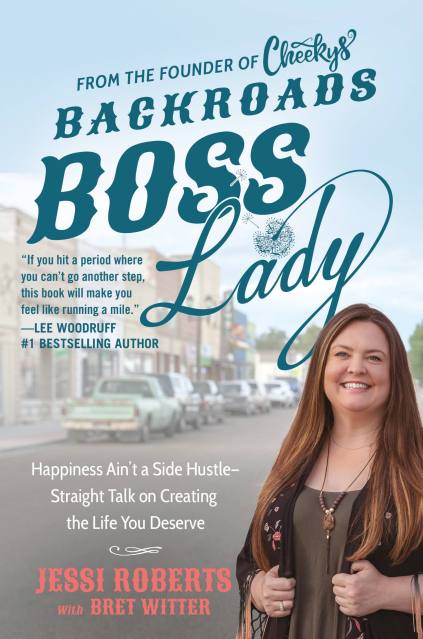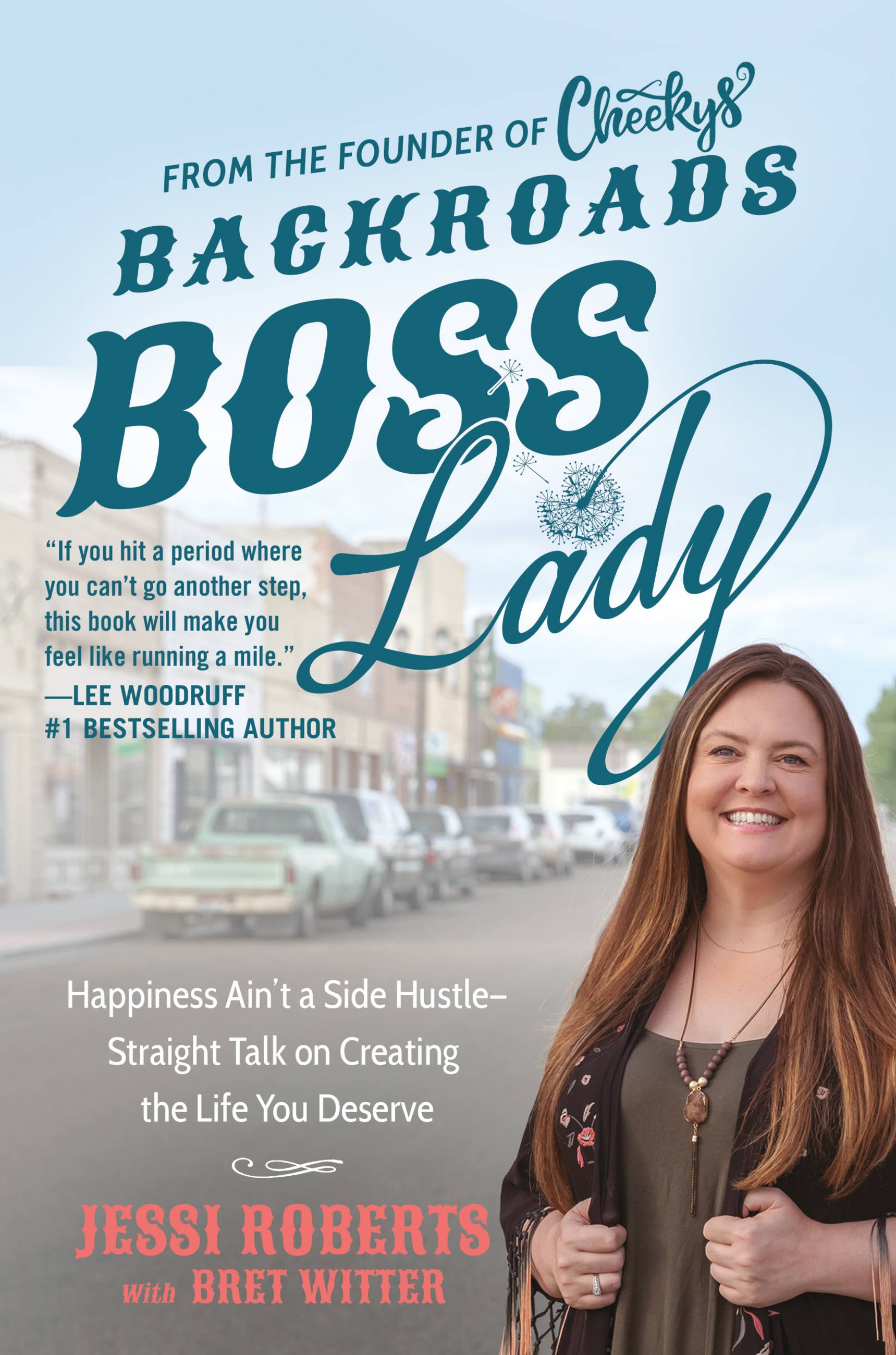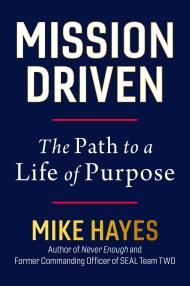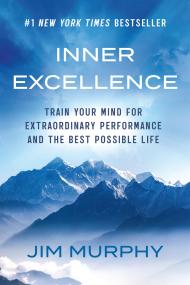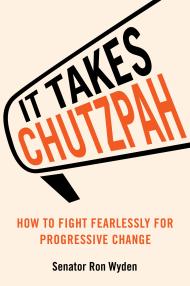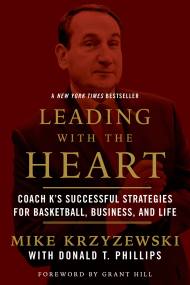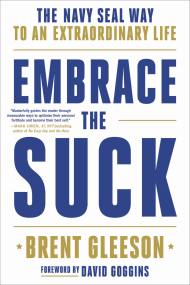By clicking “Accept,” you agree to the use of cookies and similar technologies on your device as set forth in our Cookie Policy and our Privacy Policy. Please note that certain cookies are essential for this website to function properly and do not require user consent to be deployed.
Backroads Boss Lady
Happiness Ain't a Side Hustle--Straight Talk on Creating the Life You Deserve
Contributors
With Bret Witter
Formats and Prices
- On Sale
- Mar 5, 2019
- Page Count
- 296 pages
- Publisher
- Grand Central Publishing
- ISBN-13
- 9781538745717
Price
$13.99Price
$16.99 CADFormat
Format:
- ebook $13.99 $16.99 CAD
- Hardcover $27.00 $35.50 CAD
- Audiobook Download (Unabridged)
This item is a preorder. Your payment method will be charged immediately, and the product is expected to ship on or around March 5, 2019. This date is subject to change due to shipping delays beyond our control.
Buy from Other Retailers:
Read the inspiring story of a mother of four who faced down her hard past, poverty, and self-doubt to create the life she dreamed of, including owning her own multi-million dollar business–in this book that’s “filled with grit, humility, common-sense advice and entrepreneurial wisdom” (Lee Woodruff, #1 bestselling author).
New Plymouth, Idaho. Population 1536. It doesn’t look like much from Rural Route 30, but it was here, in this quiet town, that Jessi Roberts created something unexpected: the kind of life she always wanted and a multi-million dollar, for rural/by rural business empire.
The business is Cheekys, which started with 6 purses and a tanning bed. Now in her book, Jessi shows how she grew one small store hurdle-by-hurdle into a national clothing and accessories brand with a 1.5 million strong community. Best of all, she did it by standing tall for her values: always be kind, lift up the next gal, and treat employees and customers like family.
A personal story filled with life and business tips, BACKROADS BOSS LADY is about embracing your passion even when others don’t see value in it–or you–and about putting food on the table and believing in yourself. Brimming with authenticity, it gives the warts-and-all, love-it-despite-it skinny on rural life, community, and contentment without compromise.
New Plymouth, Idaho. Population 1536. It doesn’t look like much from Rural Route 30, but it was here, in this quiet town, that Jessi Roberts created something unexpected: the kind of life she always wanted and a multi-million dollar, for rural/by rural business empire.
The business is Cheekys, which started with 6 purses and a tanning bed. Now in her book, Jessi shows how she grew one small store hurdle-by-hurdle into a national clothing and accessories brand with a 1.5 million strong community. Best of all, she did it by standing tall for her values: always be kind, lift up the next gal, and treat employees and customers like family.
A personal story filled with life and business tips, BACKROADS BOSS LADY is about embracing your passion even when others don’t see value in it–or you–and about putting food on the table and believing in yourself. Brimming with authenticity, it gives the warts-and-all, love-it-despite-it skinny on rural life, community, and contentment without compromise.
-
"With grit, humility, common sense advice and entrepreneurial wisdom, BACKROADS BOSS LADY serves up a manifesto on how to do everything from overcome haters to persevere in business. If you hit a period where you can't go another step, this book will make you feel like running a mile."Lee Woodruff, #1 New York Times bestselling author
-
"Cheekys, which has a warehouse and office in New Plymouth and a retail outlet in nearby Fruitland, is perhaps the hottest thing going in this region of tiny towns and farms near the Oregon border...Now women around the world wear across their chests the company's arch-yet-proud slogans."Inc.com, "How This Former Outback Steakhouse Waitress Built a $2.8 Million Retail Brand"
-
"Jessi's story teaches us never to give up on our dreams. Filled with both inspiration and action, this book will get you back on the path to manifesting your greatest vision, in business and beyond."Mike Michalowicz, author of Profit First
-
Backroads Boss Lady isn't a business book. It's real life, real emotion, and real inspiration for all women. Jessi Roberts proves once again that success isn't about money, it's about honesty, friendship, hard work, loyalty, and loving where you live, even when-or maybe especially when-times are hard. Those are lessons all of us can use every day."Vicki Myron, #1 New YorkTimes bestselling author of Dewey
-
"Take it from someone who has advised dozens of business owners: Backroads Boss Lady is groundbreaking. Jessi Roberts breaks the mold of what a conventional entrepreneur looks like and shatters every ceiling. This is more than a business book; it's about family, parenting, friendship, community and living your best life with integrity."Fran Hauser, authorof TheMyth of the Nice Girl
Newsletter Signup
By clicking ‘Sign Up,’ I acknowledge that I have read and agree to Hachette Book Group’s Privacy Policy and Terms of Use
